



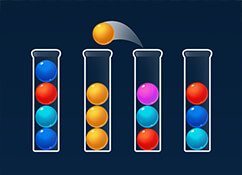

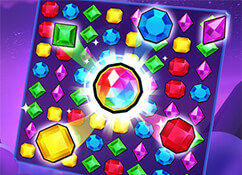
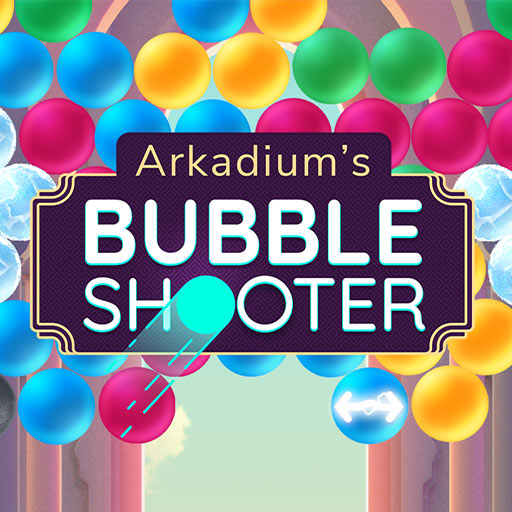
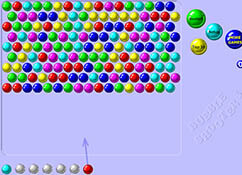
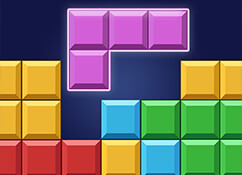
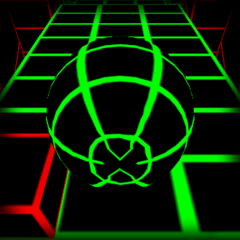
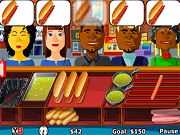
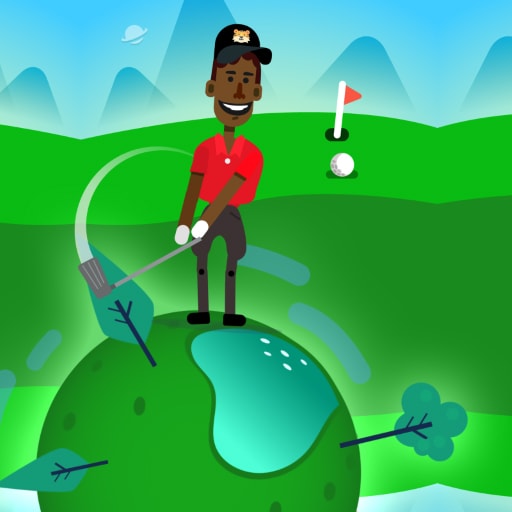
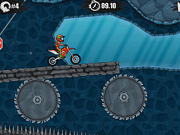

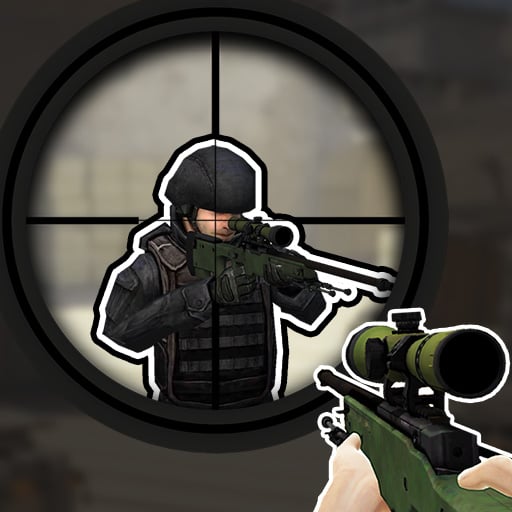

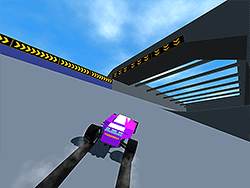
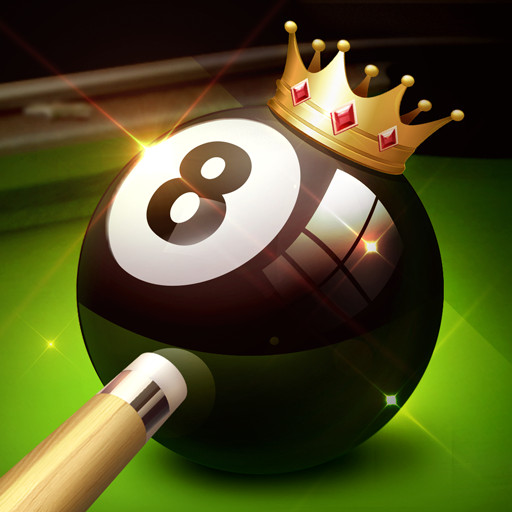
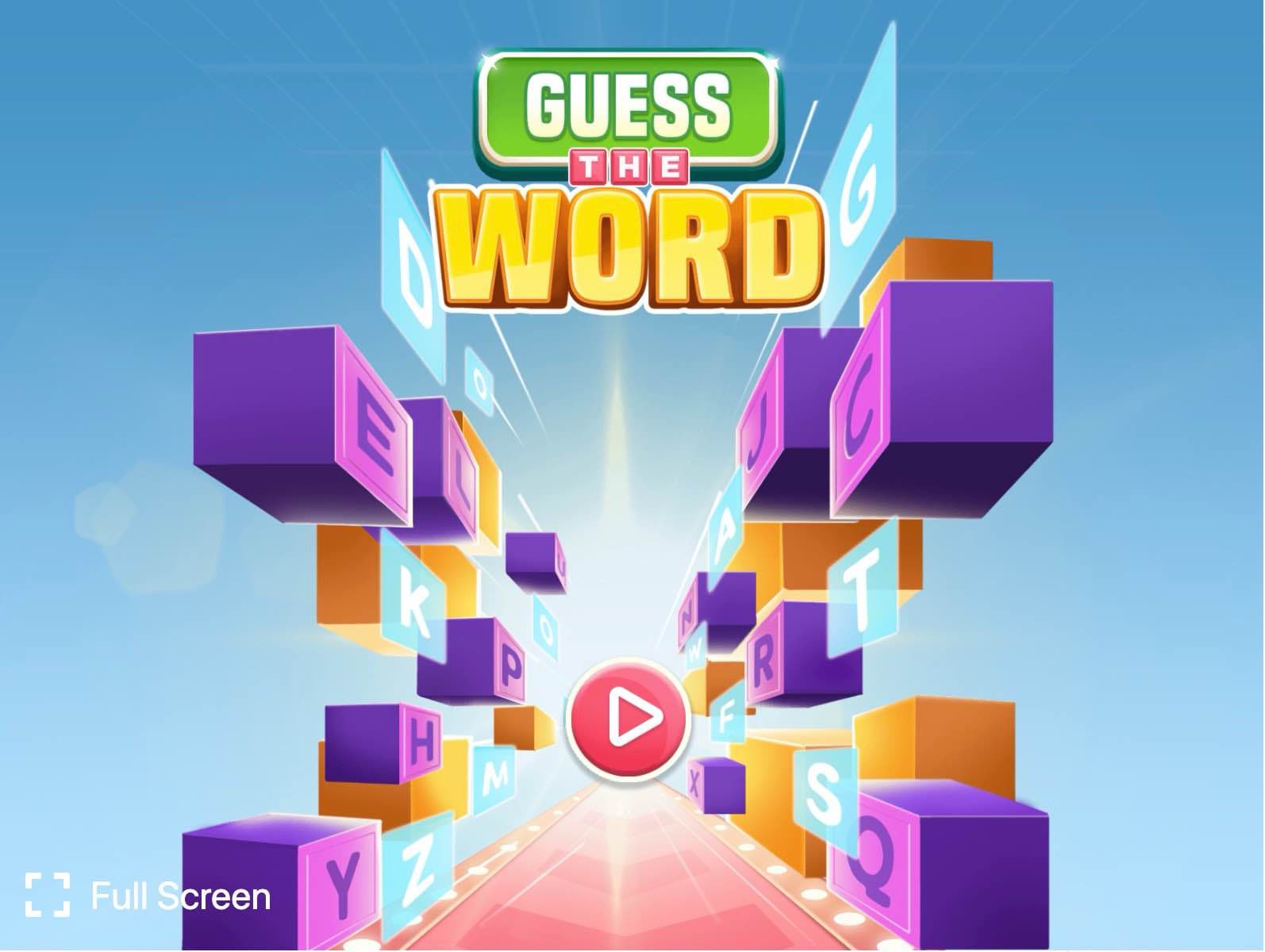
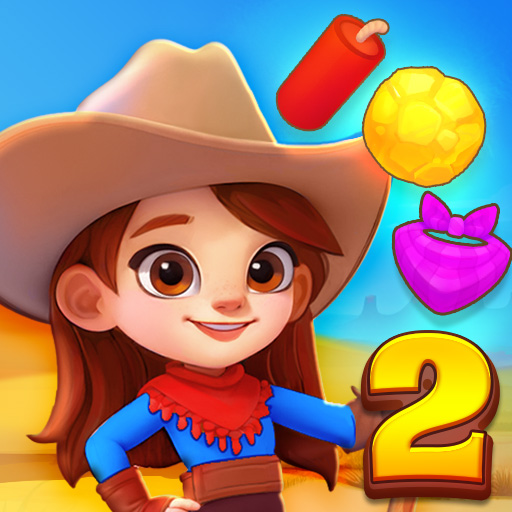
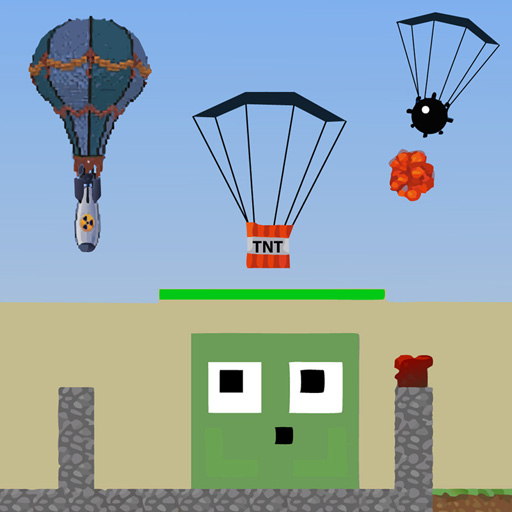

8 Ball Pool is a classic billiards game played on a regulation-size pool table with fifteen numbered balls. The game features balls numbered one through eight as solids, while nine through fifteen are striped, along with a white cue ball for shooting.
The objective is to pocket all seven of your assigned balls (either solids or stripes) before your opponent, and then legally pocket the 8-ball to win. This strategic game combines precision shooting with tactical planning, making it a popular choice in both casual and competitive settings.
Whether you're a beginner learning the basics or an experienced player perfecting your technique, 8 Ball Pool offers an engaging experience that tests both skill and strategy.
Experience the perfect blend of strategy and precision as you plan your shots, control the table, and outmaneuver your opponent. Each shot requires careful consideration of angles, power, and position play.
Play by traditional 8-ball rules where players must pocket their assigned group of balls (solids or stripes) before targeting the 8-ball. Master the official rules and regulations that make this game a timeless classic.
Execute various types of shots including breaks, banks, combinations, and safety plays. Learn to use english (spin) and position play to set up your next shot while limiting your opponent's options.
Master the fundamentals of 8 Ball Pool with these essential steps:
Start the game with a powerful break shot, aiming to spread the balls while potentially pocketing one or more. A legal break requires at least four balls to hit the rails or one ball to be pocketed.
After the break, the first player to legally pocket a ball claims that group (solids or stripes). The other player automatically gets the remaining group.
Take careful aim and control your shot power to pocket your assigned balls. Plan ahead to position the cue ball for your next shot while avoiding scratches and fouls.
Players must pocket their assigned group of balls (solids or stripes) before targeting the 8-ball. The first player to legally pocket all their balls and then the 8-ball wins. Pocketing the 8-ball too early or scratching on the 8-ball results in a loss.
Common fouls include hitting the opponent's balls first, not hitting any ball, pocketing the cue ball (scratching), or hitting balls off the table. After a foul, the opponent gets ball-in-hand placement anywhere on the table.
Practice proper stance and bridge techniques, maintain a steady stroke, and focus on following through with your shots. Understanding english (spin) and how it affects ball movement is crucial for advanced play.
Essential equipment includes a pool table, a complete set of sixteen balls (fifteen numbered balls plus the cue ball), cue sticks, chalk, and a rack for organizing the balls at the start of each game.
Focus on position play, plan multiple shots ahead, and consider both offensive and defensive strategies. Sometimes playing a safety shot is better than attempting a difficult pocket shot.
Unlike puzzle games such as Ball Sort Puzzle and Jewels Classic which focus on color matching and sorting, 8 Ball Pool is a physics-based sport simulation that requires real-time precision and strategic thinking. While puzzle games offer turn-based problem solving, 8 Ball Pool demands immediate decision-making and physical skill execution.
While games like Slope Game and Snow Rider 3D emphasize fast-paced reflexes and continuous movement, 8 Ball Pool focuses on calculated precision and strategic planning. Each shot in 8 Ball Pool is deliberate, allowing players to take their time to analyze angles and consider position play, unlike the rapid reactions needed in action sports games.
Both 8 Ball Pool and Sniper vs Sniper require precise aim and strategic positioning, but 8 Ball Pool adds the complexity of managing multiple targets (balls) and table position. While Sniper vs Sniper focuses on single-shot accuracy, 8 Ball Pool requires players to plan multiple shots ahead while considering their opponent's options.
8 Ball Pool presents a different type of challenge compared to racing games. While Moto X3M 2 and PolyTrack test speed and timing, 8 Ball Pool challenges players' spatial awareness, geometry skills, and strategic thinking. Success in 8 Ball Pool comes from patience and precision rather than quick reflexes.
8 Ball Pool has a steeper initial learning curve than casual games like Block Blast and Bubble Shooter. While these puzzle games offer immediate accessibility with simple matching mechanics, 8 Ball Pool requires understanding of physics, angles, and complex rule sets. However, both types of games offer deep strategic elements as players advance.
Yes, 8 Ball Pool can be enjoyed casually like Hot Dog Bush and Golf Orbit, but it offers additional depth for competitive play. While time management games like Hot Dog Bush focus on quick decisions, and Golf Orbit emphasizes simple trajectory mechanics, 8 Ball Pool allows players to choose their pace and level of strategic involvement.
Key techniques include mastering the break shot, understanding english (spin control), position play, and bank shots. Advanced players should also learn jump shots, combination shots, and safety play. The ability to read table patterns and control cue ball speed are essential skills that separate beginners from experienced players.
Both strategy and skill are crucial in 8 Ball Pool. While physical skills like accurate shooting and spin control are important, strategic elements such as shot selection, ball order planning, and defensive play are equally vital. The best players excel at both aspects, knowing when to play aggressively for position and when to play defensively to limit their opponent's options.